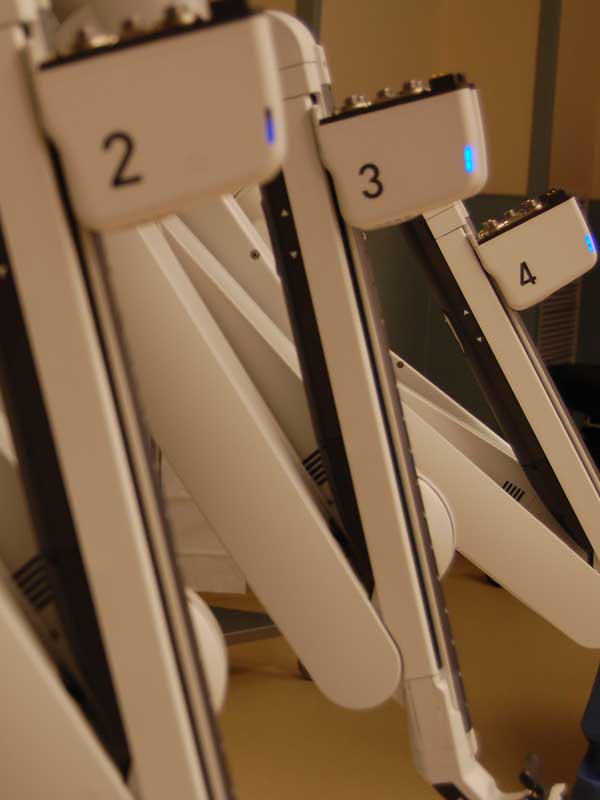Currently, there are eight recognized types of bariatric surgeries performed in high-tech hospitals in the United States. The type of bariatric surgery procedure that is adopted depends on the person's medical history and current medical condition. The bariatric surgeon evaluates the advantages and disadvantages of each procedure and decides which one is best for a person.

Basically, there are three types of bariatric surgery procedures: restrictive, malabsorption, and combined malabsorption and restriction procedures. In the restrictive procedure, food intake is restricted by decreasing the size of the stomach. This is done using an elastic band or surgical staples that are attached to the upper part of the stomach. Due to the small size of the stomach opening, even small amounts of food cause a feeling of fullness. Restrictive Bariatric surgery procedures include vertical band gastroplasty, proximal gastric bypass, and adjustable gastric band.
Malabsorption procedures rely on incomplete absorption of food to reduce body weight. Incidentally, jejunoileal bypass, the first bariatric surgery performed, used this principle. In this procedure, the upper and lower regions of the small intestine were connected so that food could pass through the middle section. Therefore, a large part of the food remains unabsorbed. However, surgeons do not use this procedure due to possible complications such as diarrhea and dehydration.
Both restrictive and malabsorption procedures have their share of complications. Surgeons, therefore, combine elements of both procedures to decrease complications in the body's digestive functions. Regardless of the type of bariatric surgery procedure used, it takes at least six weeks for a patient to recover. Until then, the patient has to depend on liquid diets. Body activity level should be kept to a minimum. Recent advances in surgical techniques have helped speed up the recovery process. Most of the cutting edge techniques used today rely less on abdominal incisions. Therefore, the complications associated with bariatric surgery are decreasing.
No comments:
Post a Comment